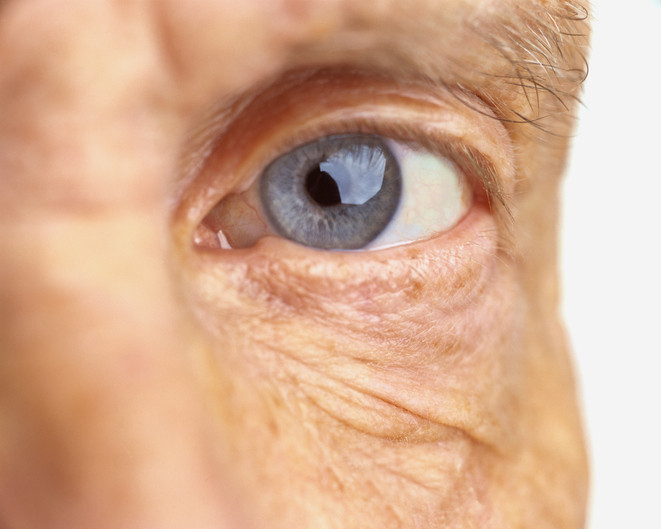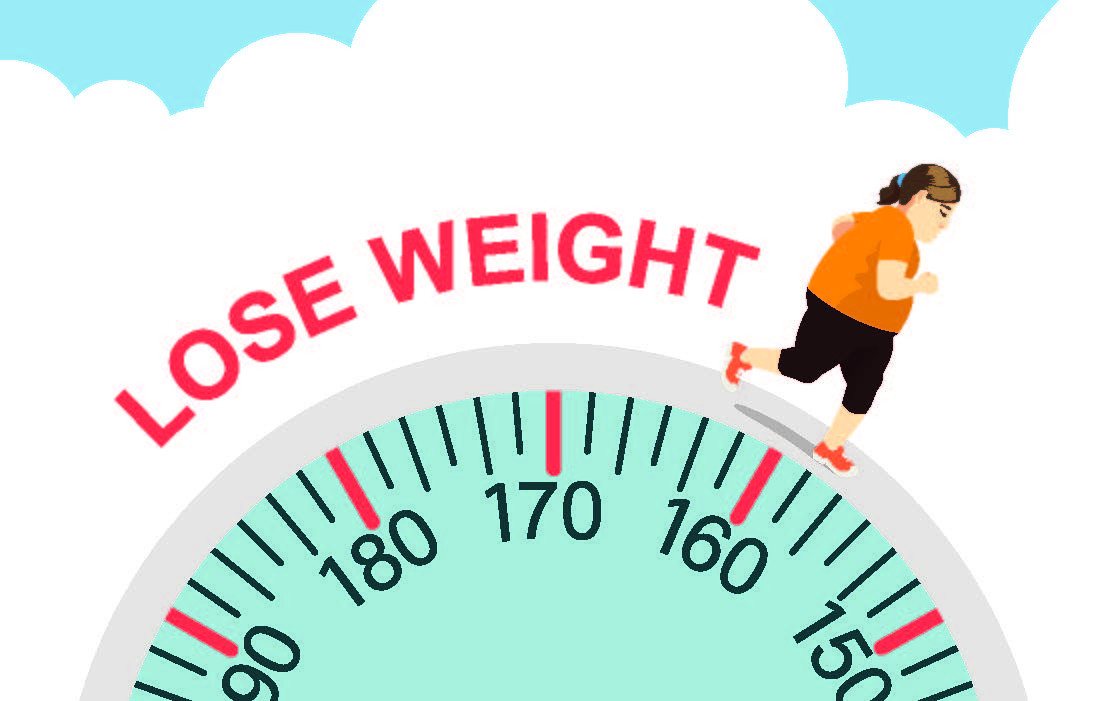
What are somatic workouts?

How to curb your stress eating

How to spot Parkinson’s disease symptoms

8 simple ways to reduce ultra-processed foods in your diet

Heart failure symptoms in women: How they’re different

GERD diet: Foods to avoid to reduce acid reflux

Strong is the new skinny

Everyday habits that sneakily weaken your bones

Don’t wait to get help for back pain

Correcting how you walk may ease osteoarthritis knee pain
Diabetes Archive
Articles
Breastfeeding may protect high-risk women from diabetes later in life
Research we're watching
If a woman has gestational diabetes during her pregnancy, she has a higher risk of developing diabetes later. But a study published February 10 in Diabetes Care found that breastfeeding may help reduce that risk.
The study, which used data from the Nurses' Health Study II, found that the longer a woman nursed her infant, the lower her risk of developing diabetes later in life. The study included more than 4,000 women who had gestational diabetes. Of those women, more than 800 developed diabetes within the next 25 years. Those who breastfed for six to 12 months were 9% less likely to develop diabetes, compared with women who didn't breastfeed at all. Women who breastfed for one to two years had a 15% lower risk of developing diabetes, compared with women who didn't breastfeed. And diabetes risk was 27% lower in women who breastfed for more than two years. This provides another reason that doctors may want to encourage women with gestational diabetes to breastfeed whenever possible.
What you need to know about COVID-19 if you have diabetes
Some data suggest that people with diabetes who get COVID-19 are more likely to have serious complications or to die. If you have diabetes, you need to take steps to reduce your risk of getting sick.
Weight-loss surgery may lower risk of heart disease in people with diabetes
Most people with type 2 diabetes also have obesity. Weight-loss surgery has a positive impact on risk factors for heart disease, and a recent study found that this surgery significantly reduced the risk of death in people with obesity and diabetes.
Larger waist size may point to dementia risk
In the journals
Older adults with a healthy weight but a large waistline could have a higher risk of developing dementia, according to a recent study.
Weight gain and obesity are known risk factors for dementia, and body mass index (BMI) is often used to estimate excess body fat. (BMI is a measure that takes into account both weight and height.)
Good news for those with type 2 diabetes: Healthy lifestyle matters
Lifestyle changes have been shown to reduce the risk of a cardiovascular event, but can they also help those with diabetes? A recent study found a positive association between healthy lifestyle choices and reduced cardiovascular risk for those with type 2 diabetes.
What’s the beef with red meat?
A recent study suggested that eating red or processed meats won't necessarily harm your health. What is the truth?
The news headlines were everywhere: "It's Okay to Eat Red Meat." The source for this statement was a study published online Oct. 1, 2019, in Annals of Internal Medicine.
An international team of researchers conducted five systematic reviews that looked at the effects of red meat and processed meat on multiple health issues, such as heart disease, cancer, diabetes, and premature death.
Diabetic retinopathy: Understanding diabetes-related eye disease and vision loss
Over seven million people have diabetic retinopathy, the most common form of vision loss in working-age adults with diabetes. It’s recommended that people with diabetes should work to keep blood pressure in the normal range and their A1c level below 7% to avoid complications such as diabetic retinopathy.
Swap out a sweet drink to reduce your diabetes risk
Research we're watching
Replacing just one sugary drink each day with water may reduce your risk of developing diabetes, according to a study published online Oct. 3, 2019, by Diabetes Care. Researchers from Harvard's T.H. Chan School of Public Health looked at more than two decades' worth of data collected in three long-term studies, involving more than 192,000 adults. By tracking beverage intake over time, they found that people who increased their consumption of sugary drinks (including 100% fruit juice) by more than 4 ounces a day over four years had a 16% increase in diabetes risk over the next four years. Turning to "diet" versions might not help, either: an 18% jump in diabetes risk occurred in people who increased their intake of artificially sweetened drinks by more than 4 ounces a day over the same period, although some of that risk could have reflected other factors, said researchers.
The bottom line: If you want to reduce diabetes risk, it's better to skip sweet drinks and stick to unsweetened tea, coffee, or water. When people drank one of those beverages once a day instead of a sweetened drink, diabetes risk dropped by 2% to 10%.
Are you on the road to a diabetes diagnosis?
A higher-than-normal blood sugar level puts you at risk for developing diabetes and heart disease.
If you're hoping to avoid heart disease, you probably pay close attention to your blood cholesterol levels. But you also should keep an eye on your blood sugar, because an elevated blood sugar level is an early warning sign of diabetes, one of the main risk factors for cardiovascular disease.
A fasting blood sugar level of 100 to 125 milligrams per deciliter (mg/dL) means you may have a common precursor to diabetes, called prediabetes. (Normal blood sugar values range from 70 to 99 mg/dL.) An estimated one in three American adults has prediabetes, although most of them don't know it.
If you have diabetes, a crop of new medicines may help your heart
People at high risk of heart disease get the most benefit from these costly drugs.
If you're a woman with diabetes, your risk of developing heart disease is four times that of a woman without diabetes. That means protecting your heart health should be a top priority. It starts with adopting heart-healthy lifestyle changes. But if you have a history of heart attack or stroke or are high risk for other reasons, your doctor may suggest a diabetes medication with extra benefits.
Women and their doctors can choose from a crop of new drugs that may reduce diabetes-related heart risks. "Today we're starting to try to customize or personalize an individual's preventive medicine. We take certain subgroups of patients — such as those with a past history of stroke, heart attack, or heart failure — and steer them toward specific drugs based on new data," says Dr. David Nathan, director of the Diabetes Center and Clinical Research Center at Massachusetts General Hospital and professor of medicine at Harvard Medical School.

What are somatic workouts?

How to curb your stress eating

How to spot Parkinson’s disease symptoms

8 simple ways to reduce ultra-processed foods in your diet

Heart failure symptoms in women: How they’re different

GERD diet: Foods to avoid to reduce acid reflux

Strong is the new skinny

Everyday habits that sneakily weaken your bones

Don’t wait to get help for back pain

Correcting how you walk may ease osteoarthritis knee pain
Free Healthbeat Signup
Get the latest in health news delivered to your inbox!
Sign Up











